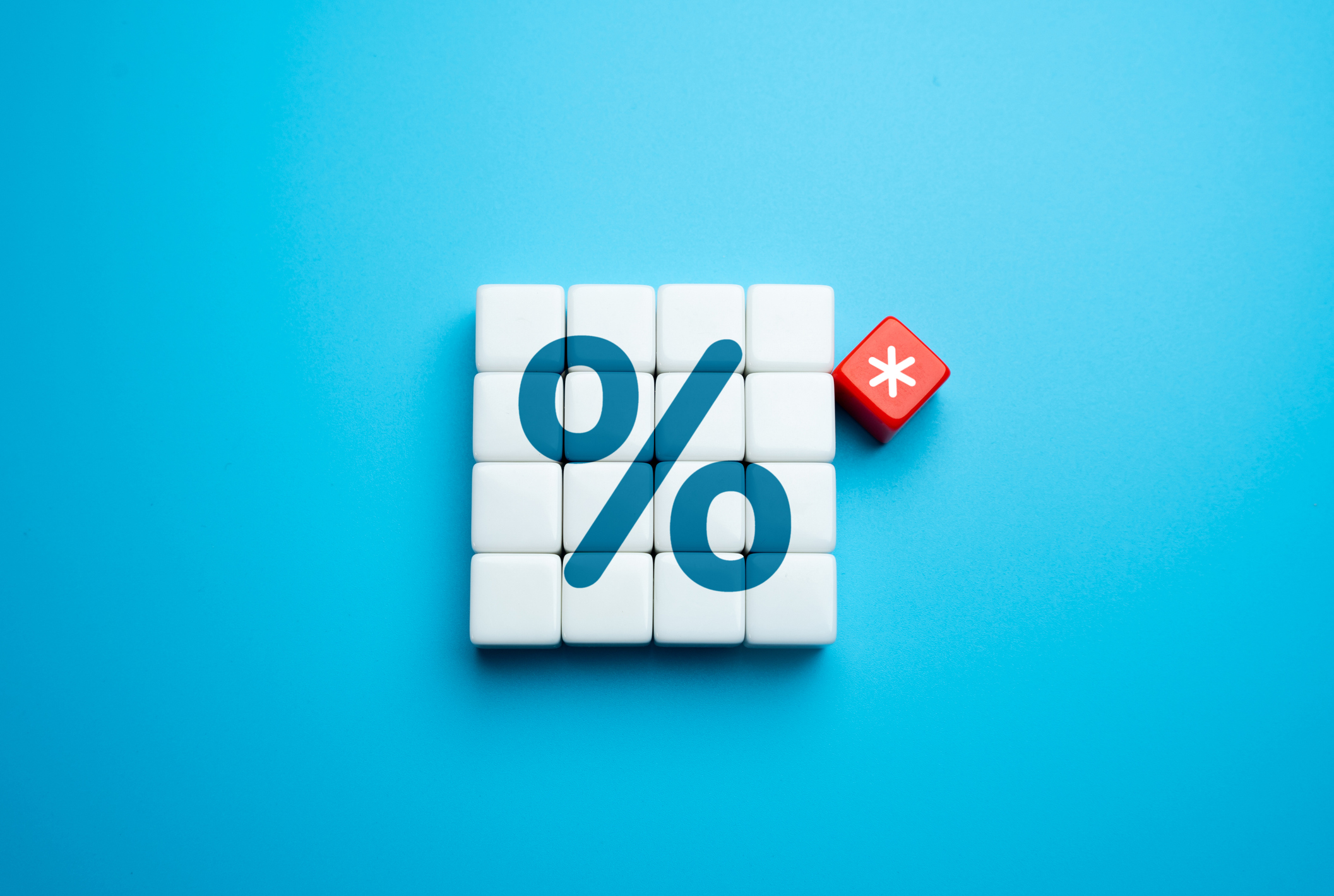Why we need a little patience
In volatile markets it’s easy to get spooked and sell your investments. But that could cost you many thousands of pounds. A patient approach can be much more rewarding.

When turbulence in financial markets starts making news headlines, it’s easy for investors to get spooked. But if you’re tempted to sell your investments at difficult moments, remember the advice of Warren Buffett. One of the world’s most famous investors once observed: “The stock market is a device for transferring money from the impatient to the patient.”
Data from Alliance Trust – an investment trust launched in 1888 and therefore well-schooled in the benefits of taking the long-term view – offers a stark example of why Buffett’s counsel makes so much sense. Impatient investors can end up thousands of pounds worse off – and the damage done by impatience increases over time.
The cost of impatient investing
To illustrate the point, Alliance Trust modelled the returns achieved by two investors who started putting money into its fund in 1992. Both investors began with a £10,000 investment, and then invested 10% of the average UK salary each month and reinvested dividends thereafter. The only difference between the two investors was their level of patience. One left their money untouched for the whole 30 years; the other sold 25% of their investment each time the market fell 5% in a single day, buying back into the fund once the market recovered 10% in a single day from its low.
Try 6 free issues of MoneyWeek today
Get unparalleled financial insight, analysis and expert opinion you can profit from.

Sign up to Money Morning
Don't miss the latest investment and personal finances news, market analysis, plus money-saving tips with our free twice-daily newsletter
Don't miss the latest investment and personal finances news, market analysis, plus money-saving tips with our free twice-daily newsletter
The results are striking. The Patient Investor in Alliance Trust’s analysis would, by now, have a portfolio worth £410,757. Their impatient counterpart, on the other hand, would be sitting on just £217,884. This £192,872 difference is entirely down to investment attitude and behaviour
(1)
. Both investors started with the same resources and put money into the same fund, but one stayed patient while the other chopped and changed as the market ebbed and flowed.
Stock market investors are often warned they must take a long-term view rather than trying to second-guess what will happen over shorter periods. The standard advice is that you shouldn’t be investing unless you’re prepared to hold on to your portfolio for at least five years – and that 10 years, 20 years or more is even better.
However, these warnings are routinely ignored. A survey conducted by Alliance Trust earlier this year found that 12% of investors had cashed in a loss-making holding in the past 12 months – and that 45% had done so in the past
(2)
.
Hold your nerve in turbulent times
These knee-jerk decisions are understandable – no-one likes losing money and everyone wants to avoid further losses. But they are misguided. When your investments fall in value, they generally retain the potential to bounce back – and the value of investments has always risen and fallen over time. Once you sell an investment after a market correction, however, you crystallise the loss and lose its recovery potential.
This is why taking the long-term view – holding your nerve even during the most turbulent periods – is so important. If you could predict exactly when the price of an investment would rise and fall, it would make sense to trade in and out of the market accordingly, but no investor can do that with any confidence. Prudent investors accept that reality and take the patient approach instead.
The joy of compounded returns
Patience pays off for many reasons. First, you avoid the risk of trying to time the market and getting it wrong; this is also a way to manage the risks of stockmarket volatility, since the danger of messing up your timing is even more pronounced when markets are bouncing around unpredictably. Also, you reduce the cost of investment – remember, each time you buy and sell investments there are dealing charges to pay which act as a drag on returns.
Above all, investors should not overlook the power of compounding. When you leave your money invested, your returns are compounded – just like you earn interest on your interest when you have savings in the bank. Over an extended period, this makes a huge difference to the final result.
Impatient investors pay a high price by giving up all of these benefits – think of this as an “Impatience Tax” on your cash. As Alliance Trust’s data modelling illustrates, that tax can be remarkably costly.
It’s a lesson that Warren Buffett learned early on in his career. “If you aren’t thinking about owning a stock for ten years, don’t even think about owning it for ten minutes,” he once told investors. Patience is more than just a virtue, he might have added; it’s a strategy for investment success.
Discover the value of staying power at alliancetrust.co.uk/patience
Disclaimer
When investing, your capital is at risk. The value of your investment may rise or fall as a result of market fluctuations and you might get back less than you invested. TWIM is the authorised Alternative Investment Fund Manager of Alliance Trust PLC. TWIM is authorised and regulated by the Financial Conduct Authority. Alliance Trust PLC is listed on the London Stock Exchange and is registered in Scotland No SC1731. Registered office: River Court, 5 West Victoria Dock Road, Dundee DD1 3JT. Alliance Trust PLC is not authorised and regulated by the Financial Conduct Authority and gives no financial or investment advice.
Notes
1. The Profit from Patience Report, Alliance Trust, September 2022. About the research: Model based on two investors each making an initial stake of £10,000 in Alliance Trust in 1992 and then adding 10% of the average national salary every month afterwards. The Patient investor remains in the market throughout, while the Impatient investor sells 25% of their holdings whenever the market dips 5% in a single day and buys back in when the market recovers 10% in a single day using cash accumulated from monthly contributions, previous redemptions, and accrued interest. NB: The model uses the Alliance Trust share price as a proxy for the market.
Read the study here: https://www.alliancetrust.co.uk/patience Source: Alliance Trust
2. Alliance Trust conducted a survey via Opinium Research, who surveyed 2,000 UK adults between 23 and 26 August 2022. Of these, 730 were investors (defined as having a Stocks & Shares ISA, a general investment account, and/ or a self-invested/ self-managed personal pension).
Get the latest financial news, insights and expert analysis from our award-winning MoneyWeek team, to help you understand what really matters when it comes to your finances.
MoneyWeek is written by a team of experienced and award-winning journalists, plus expert columnists. As well as daily digital news and features, MoneyWeek also publishes a weekly magazine, covering investing and personal finance. From share tips, pensions, gold to practical investment tips - we provide a round-up to help you make money and keep it.
-
 Pensioners ‘running down larger pots’ to avoid inheritance tax as rule change looms
Pensioners ‘running down larger pots’ to avoid inheritance tax as rule change loomsChanges to inheritance tax (IHT) rules for unused pension pots from April 2027 could trigger an ‘exodus of large defined contribution pension pots’, as retirees spend their savings rather than leave their loved ones with an IHT bill.
-
 Why do experts think emerging markets will outperform?
Why do experts think emerging markets will outperform?Emerging markets were one of the top-performing themes of 2025, but they could have further to run as global investors diversify
-
 The outlook for stocks is improving
The outlook for stocks is improvingThis is the best of times for investors, says Max King. Global risks are receding, but few have noticed.
-
 The building blocks for an income strategy: resilience, growth and diversification
The building blocks for an income strategy: resilience, growth and diversificationAdvertisement Feature Iain Pyle, Investment Manager, Shires Income plc
-
 Investment platforms offering measly interest rates on cash holdings – is your cash working hard enough?
Investment platforms offering measly interest rates on cash holdings – is your cash working hard enough?The interest rate on cash you hold within an investment account can be as low as 0.75%. We look at the worst cash rates on the market, and what you should do with your cash instead.
-
 Rethinking ESG investing
Rethinking ESG investingAnalysis Sustainable ESG funds are coming under attack for a lack of focus. Investors need to be selective
-
 Can a woman deliver you better returns?
Can a woman deliver you better returns?Tips Women often make better stock pickers than men, delivering stronger returns for investors - but with fewer females managing funds, how can you make sure you take advantage of the feminist touch when picking funds? Kalpana Fitzpatrick on how to filter funds run by women and why it matters.
-
 Flat fees vs percentage fees - are you paying too much for your investments?
Flat fees vs percentage fees - are you paying too much for your investments?We investigate whether it’s better to choose an investment platform with flat fees, or whether percentage charges could work out cheaper.
-
 What is a dividend yield?
What is a dividend yield?Videos Learn what a dividend yield is and what it can tell investors about a company's plans to return profits to its investors.
-
 Fund platform launches low cost £4.99 a month service for small investors - we see how it compares
Fund platform launches low cost £4.99 a month service for small investors - we see how it comparesAdvice Aimed at investors with small investment pots of £30k or less, fund platform interactive investors has launched a low costs service - but is it any good and how does it compare to rivals?

